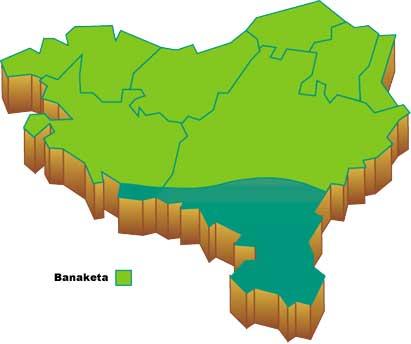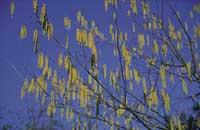Sticks, sticks on the mountain: urritza
For the location of this species and its family of genus and plants, the specialists still do not agree. Some believe that the same genus Corylus would form an independent family, but some place it within the betulaceae. We position ourselves in favor of the last option, that is, within the betulaceae.

The genera that appear within this family are deciduous trees and shrubs. They are monotonic plants and male flowers appear in hanging cylindrical gervas. Females in glomerulus or gerban. On the other hand, it should be noted that they usually contain anemogamous pollination. Inside there are 6 genera and about 170 species are mentioned, on the one hand in the cold and temperate zones of the Northern Hemisphere and on the other in the Sierra de Andeta. As for the genus Corylus, it covers about 15 species, native to Europe, North America and North Asia.

(J. Terés)
The tear can be considered as a shrub or small tree. It is up to 8 m. It is very typical its ramification from the foot, so it is usually a plant without main trunks. Its bark is smooth, pardo-reddish young, which once aged becomes fragile and cracked. The leaves, 5-10 to 15 cm., are usually ovate, rough and short. Above are greener, young on both sides pubescent and then above illegal. The female flowers, for their part, stand out very little and are found in the ends of the lateral ones. It blooms in the middle of winter and the fruits (hazelnuts) arrive from August to October. When dry is a food very appreciated and nourishing.
It is found practically throughout Europe and in Western Asia, in shady and cool zones of deciduous forests. In Euskal Herria is abundant in the north and less to the south, completely disappearing in the lower part of the Ebro valley. The grips of the strain are used in sticks and baskets. This species has been used as a medicinal herb and is considered to be drying. On the other hand, the branches and leaves are vasoconstrictors.
TECHNICAL DATA SHEET Urritza za Family: Betulaceae Species: Corylus avellana Distribution: Northern Zone Abundant Habitat: shady and fresh forests Medicinal herb: yes |





